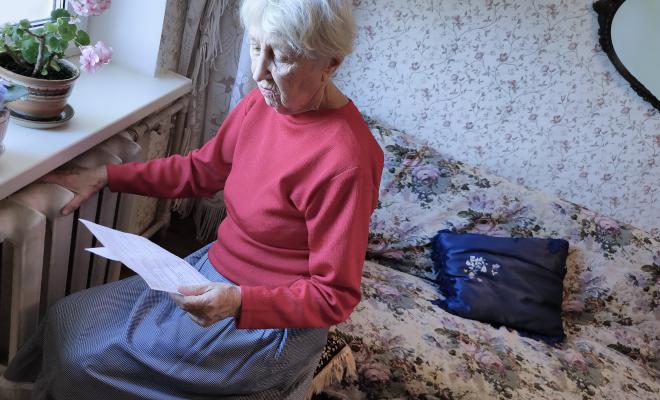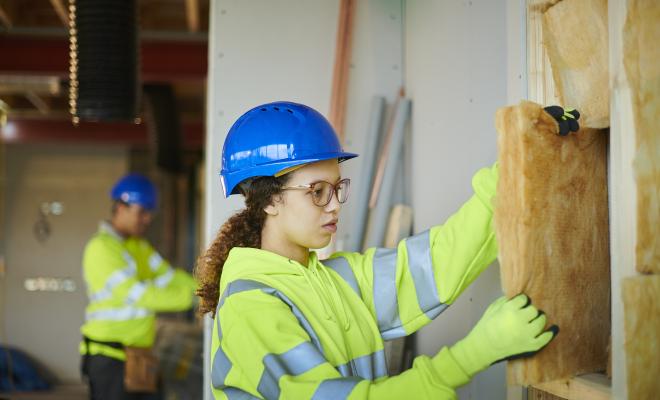05 Jul 2023
Soaring gas prices are causing misery for millions across the UK. The average energy bill has skyrocketed since October 2021, and analysts predict bills won't fall below pre-COVID levels until at least the end of the decade.
And it’s not just energy that's getting more expensive. The cost of food, clothing and other essentials is rising while wages stagnate.
Our analysis has found that as many as 6 million people will be in fuel poverty this winter.
Enter your postcode or zoom into the map and then tap on your area to reveal energy crisis hotspots near you. Energy crisis hotspots are where incomes are less than average but energy bills are higher than average (because of poor housing).
Fuel poverty is calculated differently across the UK but broadly refers to when people can’t afford to both heat their homes adequately and still have enough money left over to maintain an adequate standard of living. Some are more susceptible to fuel poverty than others.
Anyone on a lower income or out of work is at particular risk, and research also shows that people of colour, disabled people and young people will be disproportionately impacted.
While global energy prices are resulting in eyewatering bills, years of government neglect on home insulation has left us particularly vulnerable. The UK’s homes are the among the leakiest in Europe. When we heat leaky homes, the warmth escapes through our walls, ceilings and floors. The result? Higher bills, wasted energy and more climate-wrecking emissions for no good reason.
And with over 80% of UK homes dependent on climate-wrecking gas for heat, our failed energy system is not only fuelling an energy bills crisis, but also worsening the climate crisis too.
We need to guarantee everyone a warm home that doesn’t cost the Earth. Thankfully, there are solutions we can push for.




